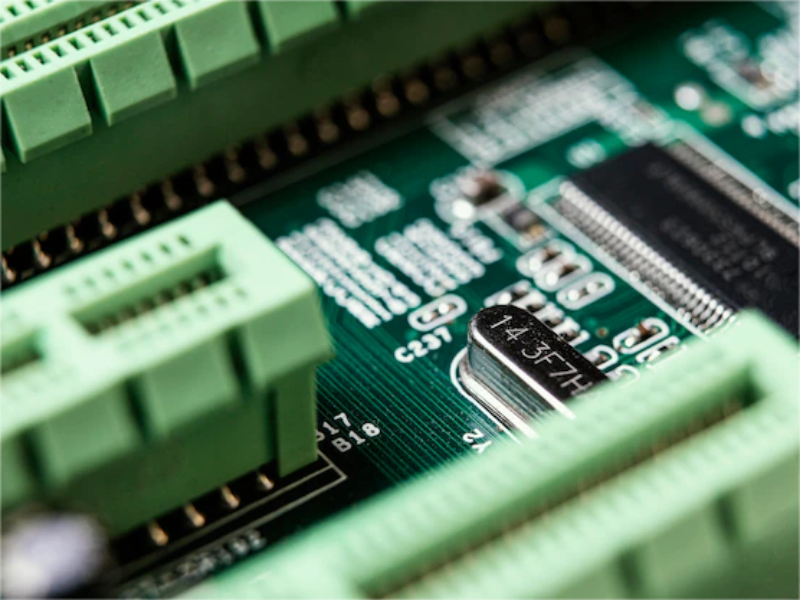- Stock firmware is the original software that comes pre-installed on a device from the manufacturer, designed to ensure optimal functionality and performance.
- It serves as the baseline operating system, providing essential features and support for the device’s hardware components.
Stock firmware plays a critical role in the operation of electronic devices, from smartphones to smart appliances. Understanding what stock firmware is and its significance can help users make informed decisions about their devices and software options.
What is firmware
Firmware is a specialised type of software that is embedded in hardware devices, enabling them to perform specific functions. Unlike traditional software that can be easily modified or updated, firmware is typically stored in non-volatile memory, meaning it remains intact even when the device is powered off. Firmware acts as a bridge between the hardware and the operating system, facilitating communication and control over device functions. Regular updates to firmware are essential for improving performance, adding features, and addressing security vulnerabilities.
Also read: What is firmware engineering and what are its applications?
What is stock firmware
Stock firmware specifically refers to the original firmware that is installed on a device by the manufacturer. It is tailored to work seamlessly with the device’s hardware, ensuring all features function as intended. Stock firmware is designed to provide a stable and reliable user experience, often including essential applications and settings optimised for the device.
One of the key advantages of stock firmware is that it is typically stable and well-tested, reducing the likelihood of bugs or compatibility issues. Manufacturers provide stock firmware to ensure that users can enjoy a consistent experience without the need for additional modifications or installations.
Key features of stock firmware
Stock firmware includes several essential features that contribute to its functionality:
Original settings and features: Stock firmware comes with the original configurations and applications set by the manufacturer, providing users with a complete and functional device right out of the box.
Manufacturer support: Devices running stock firmware typically receive better support from manufacturers, including regular updates, bug fixes, and security patches.
Stability and reliability: Since stock firmware is designed and tested by the manufacturer, it tends to be more stable and reliable compared to custom or modified firmware.
Warranty compliance: Using stock firmware helps ensure that users maintain their device warranties, as modifications or custom firmware can void warranty coverage.
Also read: Firmware uncovered: Is it hardware, software, or both?
Importance of stock firmware
The significance of stock firmware lies in its impact on device performance, reliability, and user experience. Key reasons why stock firmware is important include:
Optimised performance: Stock firmware is optimised for the specific hardware of the device, ensuring that all components work together efficiently and effectively.
Security updates: Manufacturers regularly provide updates to stock firmware to address security vulnerabilities and improve overall device performance.
User experience: By offering a stable and consistent environment, stock firmware enhances the user experience, allowing users to enjoy their devices without encountering significant issues.
Future compatibility: Stock firmware ensures that devices remain compatible with future software updates and applications, maintaining relevance in an ever-evolving technological landscape.
In summary, stock firmware is the original software installed on devices by manufacturers, providing essential functionality and support for hardware components. Its role in optimising performance, ensuring security, and enhancing user experience makes it a vital aspect of modern electronic devices. Understanding stock firmware helps users appreciate the importance of maintaining original software for optimal device operation and longevity.

